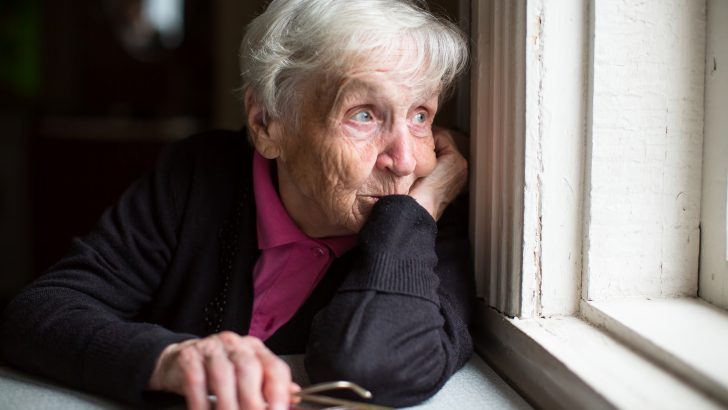Notebook
Last week I had a very sad phone call from a colleague of mine in another part of the country. He has been a very dedicated priest for almost 50 years. For the last eight weeks he has been cocooning in his home unable to celebrate any kind of public Mass or have any of that normal pastoral contact with his parishioners.
In addition to being a priest, he is also a trained therapist and despite having those spiritual and psychological resources to call on he is clearly struggling with this present situation as we now head into week nine and a very unclear path ahead. He is struggling with feelings of loneliness but perhaps worst of all feelings around having no purpose anymore, of being worthless.
Conversation
Reflecting back on that conversation I thought perhaps my colleague’s situation finds an echo not just in many more presbyteries around the country but also in the homes of other people who live alone or even those who don’t live alone but are also struggling. While Zoom, Facetime and WhatsApp are very useful for both work and social interaction, they are no substitute for genuine human contact, especially with those who are most important to us. As other countries begin to open up faster than we are, this can also bring a new level of anxiety and impatience. Italian grandchildren are running to hug their nanas and grandads, Spaniards are queuing for the barbers of Seville while we look like we are starring in an episode of Reeling the Years from the mid-70s.
There are a myriad of self-help techniques and coping strategies out there to assist people who are struggling through this period of isolation and lockdown. I’m also very aware of the importance of prayer at this time. Many Faith communities are finding ever increasing creative ways to keep their congregations in touch with each other and with their God. I thank God daily for the webcam in our church which allows us to stay in contact.
Despite all the help that is available there are dark days, when we hit a wall, days when maybe the more healthy supports are not doing it for us and we just want to take to the bottle or to the bed or both! The only thing that helps me on days like that is to somehow force myself to go back to the ‘why’: why are we being asked to endure this extraordinary and unprecedented curtailment of our basic freedoms? The obvious answer is to protect ourselves from contracting the virus. However the more significant answer is that we are doing this to protect others, particularly the most vulnerable within our communities.
Sufferings
I found myself going back to a very old-fashioned Catholic idea which we don’t hear much about these days, the notion of offering up our sufferings for the good of others. This idea is rooted in the Easter story of Jesus suffering and dying for us so that we could all share in his resurrection and in eternal life. This flies in the face of our modern culture where love of self is always put first and where my rights and freedoms always take precedence over yours.
This pandemic has challenged us to look again at the notion of offering up our suffering for the good of others. But this idea only makes sense if somehow we are motivated by love. That was the unique element that Jesus introduced on Calvary. He endured that torture and death because he loved us, you and me. If there’s no love involved, then the world is right: suffering is useless and pointless and should be avoided at all costs.
In the last line of the reading from St Peter last Sunday we heard: “It is better to suffer for doing right rather than doing wrong.” Jesus picked up that theme in the Gospel: “If you love me you will keep my commandments.”
That link is there between genuine love and living our lives in a particular way. Now Tony Holohan or the Taoiseach would never use this language of love to appeal to us at this time, but as people of Faith we can use that language in our present situation. In this time of pandemic the commandments are around social distancing, washing our hands etc.
But as this journey gets more difficult for all of us the only way we can endure it is to constantly remind ourselves that the main reason we are doing this is because we love our families, our neighbours and our fellow human beings, enough to offer up whatever level of suffering this demands of us.
Words worth…
A lexophile describes those that have a love of words. An annual competition is held in the New York Times to see who can create the best original lexophile. Some of this year’s submissions include:
-A thief who stole a calendar got 12 months.
-I got some batteries that were given out free of charge
-A dentist and a manicurist married. They fought tooth and nail.
-A guy who fell onto an upholstery machine last week is now fully recovered.



